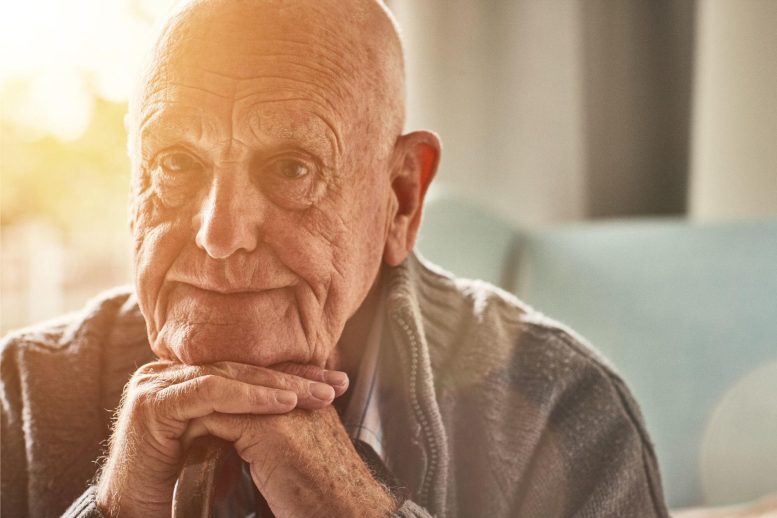
A recent study from Boston University Chobanian & Avedisian School of Medicine found that for older men, the overall effort put into coping with stress is more crucial for longevity than the specific coping strategies used or the perceived stress level. Researchers analyzed data from 743 men over 27 years and discovered that extensive effort in coping could indicate difficulties in managing stress, emphasizing the need for resources to support the health and well-being of older adults.
A Boston University study reveals that the effort older men invest in coping with stressors is more crucial to their longevity than the strategies used, suggesting the need for enhanced support as they age.
Coping refers to the cognitive and behavioral strategies employed to handle stressors that individuals perceive as surpassing their capacity and resources to effectively respond. Although earlier research has associated characteristics of stressors, such as the nature of the event and its duration, with increased mortality risk, there is a significant lack of large-scale studies examining the long-term health effects of our coping mechanisms.
In a new study from Boston University Chobanian & Avedisian School of Medicine, researchers have determined that in older men, the overall effort put into coping was generally more important for longevity than the specific coping strategies used, or how stressful they considered the problem to be shortly after it had happened.
“How much older men did in response to stressors mattered more for their survival than what they did. Our finding held up even after we considered individual differences in demographics, marital status, major health conditions, and lifestyle factors at study baseline,” said senior and corresponding author Lewina Lee, PhD, a clinical psychologist at the National Center for Posttraumatic Stress Disorder at the VA Boston Healthcare System and associate professor of psychiatry at the school. “Studying coping is important because this is an aspect of the stress-health equation that is within our control yet it is very much overlooked.”
Study Methodology and Long-term Observations
The researchers followed 743 men who were part of the Veterans Affairs Normative Aging Study. Between 1993 and 2002, each man completed a stress and coping assessment that involved naming the most stressful thing that had happened to them in the past month, rating how stressful the problem was for them, and indicating how much they used specific strategies to deal with the problem. The researchers then analyzed the data looking at the extent to which the stressfulness of their problems, the specific types of coping strategies they used, and the overall effort put into coping related to the risk of dying over a span of 27 years.
According to the researchers, prior studies in psychological aging show that people gain tremendous expertise in coping with stressors across the lifespan. By the time they reach later life, people tend to be able to use fewer coping strategies than younger adults while achieving the same level of success in managing difficult situations. “Our findings suggest that if an older adult deviates from this pattern by using a lot of energy to deal with stressors, it may be a sign that they are struggling and do not have what they need to manage the problem at hand,” said first author Victoria Marino, PhD, a postdoctoral fellow at the school. “These findings behoove us to pay more attention to how the aging process may pose challenges to individuals and to signs that older people may need resources to help preserve their health, sense of independence, and well-being,” added Lee.
Reference: “The Costs of Coping: Long-Term Mortality Risk in Aging Men” by Victoria R Marino, Claudia Trudel-Fitzgerald, Carolyn M Aldwin, Avron Spiro and Lewina O Lee, 19 March 2024, The Journals of Gerontology: Series B.
DOI: 10.1093/geronb/gbae011

Be the first to comment on "How Well Do You Cope: New Study Reveals Surprising Key to Longevity in Older Men"